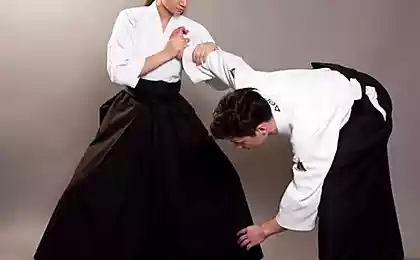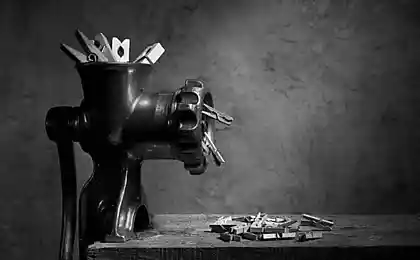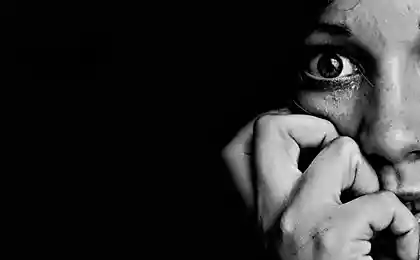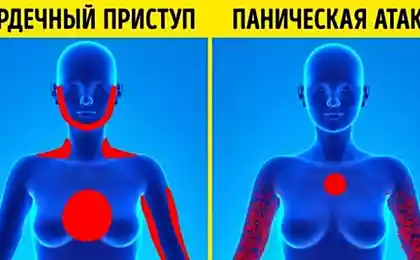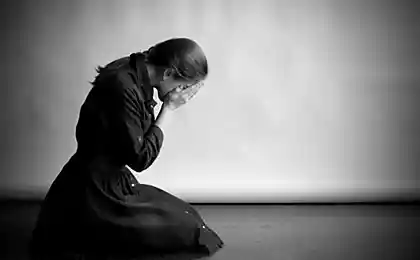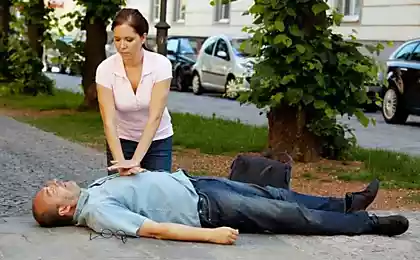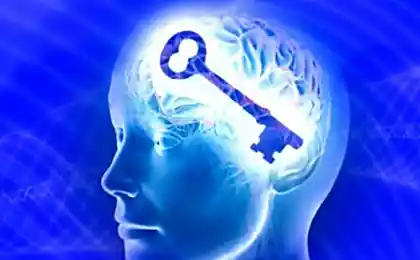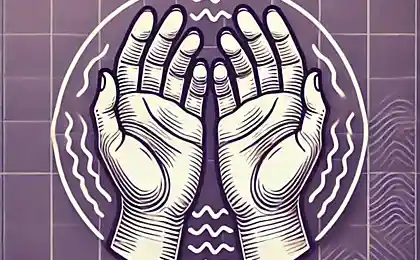637
How to cope with panic attack
"I'm losing control ..."
"I feel like I'm going crazy ..."
"I have a heart attack ..."
"I can't breathe ..."
"The disease came to me unexpectedly. Suddenly I started to feel like I'm swamped by fear, wave after wave, and my stomach swelled and began to mutter. I could hear my heart pounding so loud that all around hear the knock. These feelings literally knocked me off my feet. I was so frightened that I couldn't breathe. What's happening to me? I have a heart attack? Am I dying?"
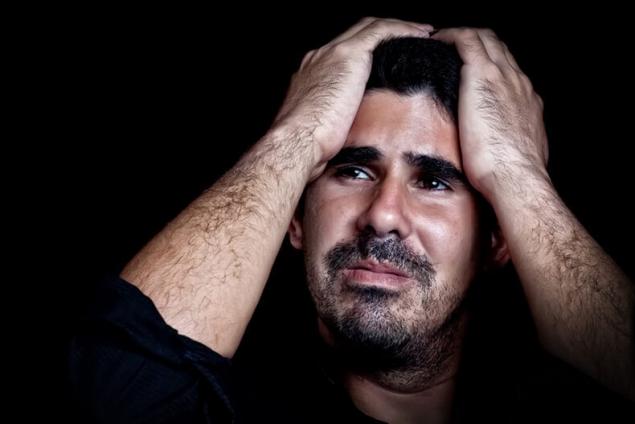
Panic attacks are very realistic, awful, and emotionally debilitating. Many people who are experiencing the first panic attack find themselves at hospital emergency rooms, or doctors ' offices — and ready to hear the worst news about your health.
But when they don't hear a sane explanation (e.g., heart attack), their anxiety and frustration increases: "... if I am physically healthy, that happened to me, I felt so horrible, I can't explain it, so what's happening to me!!!?"
If a panic attack is not diagnosed, people can sort through hundreds of doctors and diagnoses, for years on end without experiencing any relief. Only increases the suffering and frustration of the patient due to the fact that no one can help in determining problems and providing assistance.
Because of the realism of the symptoms experience panic attacks can become very traumatic, anxiety through the roof and regular attacks are one of the worst experiences that can be a person.
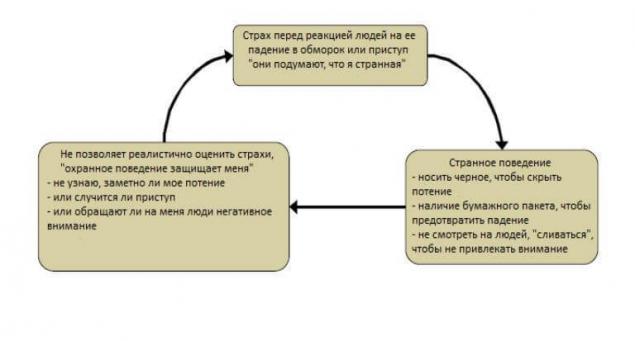
Now the most important place in human life took the aching fear of "When will this happen again?"
Some people are so scared of having panic attacks, especially in public places that they retire in a "safe place", usually in residence, and very rarely leave them. This condition is diagnosed as agoraphobia.
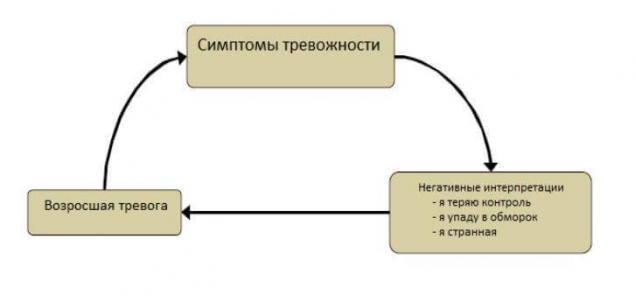
Please note that the person with agoraphobia severely limits their life; lead a miserable and depressing existence. Fear that a panic attack will occur in a public place keeps them bound close to home.
More than 5% of the adult population suffer from panic attacks, according to the National Institute of mental health. Researchers believe that this figure is understated, because many people who experience panic attacks may not be guided by proper diagnosis and "live" with him, despite the horror and constant fear.
What is a panic attack?
A panic attack can be described as a comprehensive emotional terror. Some people with panic feel like they are in a place where there's a catastrophe and doom and that something bad will happen to them "right now at this very moment."
Others feel as if they have a heart attack – it's like your heart jumps out of my chest. Heartbeat convinces them that there comes a panic attack. Some people feel that they "lose control" of themselves and will do something that will be embarrassing in front of other people.
Someone else is breathing so fast, making rapid short breaths and gasping for air that occurs in hyperventilation, and they feel they will suffocate from lack of oxygen.
Common symptoms of panic include:
- heart palpitations;
- dizziness and nausea;
- the feeling that "I can't feel my breath";
- chest pain or "heaviness" in the chest;
- flushed or chills;
- tingling in the hands, legs, feet, hands;
- tremors, muscle twitching, TIC;
- sweaty palms, a rush of blood to face;
- the horror;
- fear of losing control;
- fear of stroke;
- the fear of death;
- fear of going crazy.
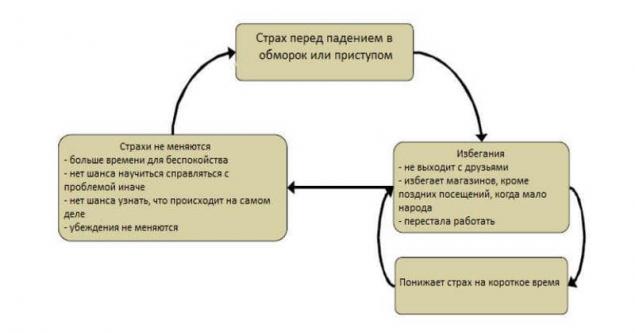
A panic attack typically lasts several long minutes and is one of the most difficult conditions that people can experience. In some cases, panic attacks is known to last for longer periods of time or to recur very quickly over and over again.
Effects of anxiety attack are very painful. Usually a feeling of helplessness, depression and fear that soon there will be another attack.
Causes of panic attacks difficult to recognize and may remain a mystery to man. The attack occurs suddenly, suddenly, "out of the blue". Sometimes severe stress or other negative life conditions can trigger.
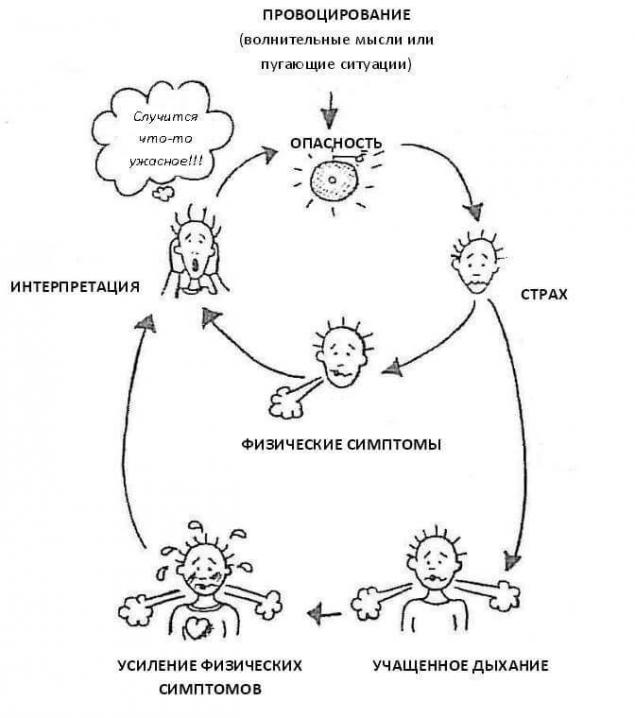
Unfortunately, many people do not seek help treatment for panic attacks, agoraphobia, and other anxiety disorders. It's sad, because a panic attack, and other disorders treatable and respond well to short term therapy.
Panic attacks and agoraphobia can be treated successfully with interested client and professional therapist. Cognitive/behavioral therapy is an effective treatment for panic and agoraphobia that has focused on identifying the problem and its cure.
The emphasis is on "how" to eliminate the thoughts and feelings that lead to panic and anxiety. People with panic attacks and agoraphobia, are not "crazy" and should not be in therapy for extended periods of time.
The number of meetings depends on the severity and duration of the disorder and the willingness of the client to actively participate in treatment and change.
How to prevent a panic attack?
Remember, the effect occurs after constant training practices in calm conditions. This is done so that in panic situations You to know how to respond.
Relaxation (relaxation).
Muscle tension is one of the symptoms of fear. We don't always pay attention to the muscle tone, but if You carefully listen to the sensations in the body, You will find, as woody muscles and the body becomes a shell. In order to help yourself, it is important to try to relax the muscles every time when you feel the excitement.
Muscle relaxation is a skill that must be practiced in order to make it effective. Look online relaxation methods and select the most suitable for You – yoga, progressive relaxation of Jacobson, the autogenic training, etc.
Breath control
During a panic attack breathing quickens to the heart pumped more oxygen into the body. This happens so that the body was ready to defend against threats. Although rapid breathing itself is not dangerous, it can lead to more serious symptoms, such as dizziness, etc.
The skill of breath control removes a panic attack. Try to breathe calmly and slowly. This will help You to relax. Try not to succumb to the desire to inhale more air and remind yourself that You need to breathe slowly. Fill Your lungs with air. Belly free. Breathe through the mouth and nose. Count slowly to four while breathing in air and breathing out to six. Do this until does not occur relaxation.
Distraction (distraction)
"I'll think about something else" is an effective way of dealing with panic attack. I look around and choose all the items yellow, transport otlivy all buses, read by heart a poem that I remember from childhood. Total concentration should be on distracting the action. What is happening with the heart or breathing is not important, it is important to remember with the tone of the whole text: "there stands, oak ...".
Memo on how to cope with panic attack
The result is achieved through the desire, time and effort. If You train and continue attacks, do not worry – the changes will take time.
- The sooner You use the technique described above, the better result you will achieve.
- If the main symptom is shortness of breath, you will learn how to use a paper bag. Using it You will be able to align your breath and minimize the symptoms. Keep the package tightly around the mouth and nose. Inhale and exhale in the package slowly over a period of time.
- Panic attack unpleasant difficult experience, but this experience will not lead to dire consequences. You will overcome, survive this attack and through exercise, everything will come to normal.
- Tell yourself it's not a heart attack, You don't go crazy, don't lose consciousness. What I feel now is caused by hypersensitivity of my body. Very soon I'll learn to regulate it and everything will be fine.
- Imagine yourself as a scientist studying a panic attack. You need detail take notes of your feelings, thoughts, ideas. Observe that intensified the symptoms, and that on the contrary weakened. What kind of experience You can draw from this exercise?
If you are constantly thinking about what you don'T like, it will definitely be in your life
Psychological technique 10/10/10 will help to make a difficult decision
When a person with panic attacks interested in change, willing to try new ways of behavior, he quickly preprogrammed the usual reaction of the brain. When you change ways of reacting, the frequency of the attacks reduced, behavioral strategies become stronger and panic cease to cause problems.
Overcoming panic disorder means You no longer have panic attacks, and were the original symptoms that led to the attacks.published
Source: psy-practice.com/publications/psikhicheskoe-zdorove/o-panicheskikh-atakakh-simptomy-i-pomoshch/
Bert Hellinger: the One who gave more than measures, I would leave the relationship
How to make warm water floor with their hands
